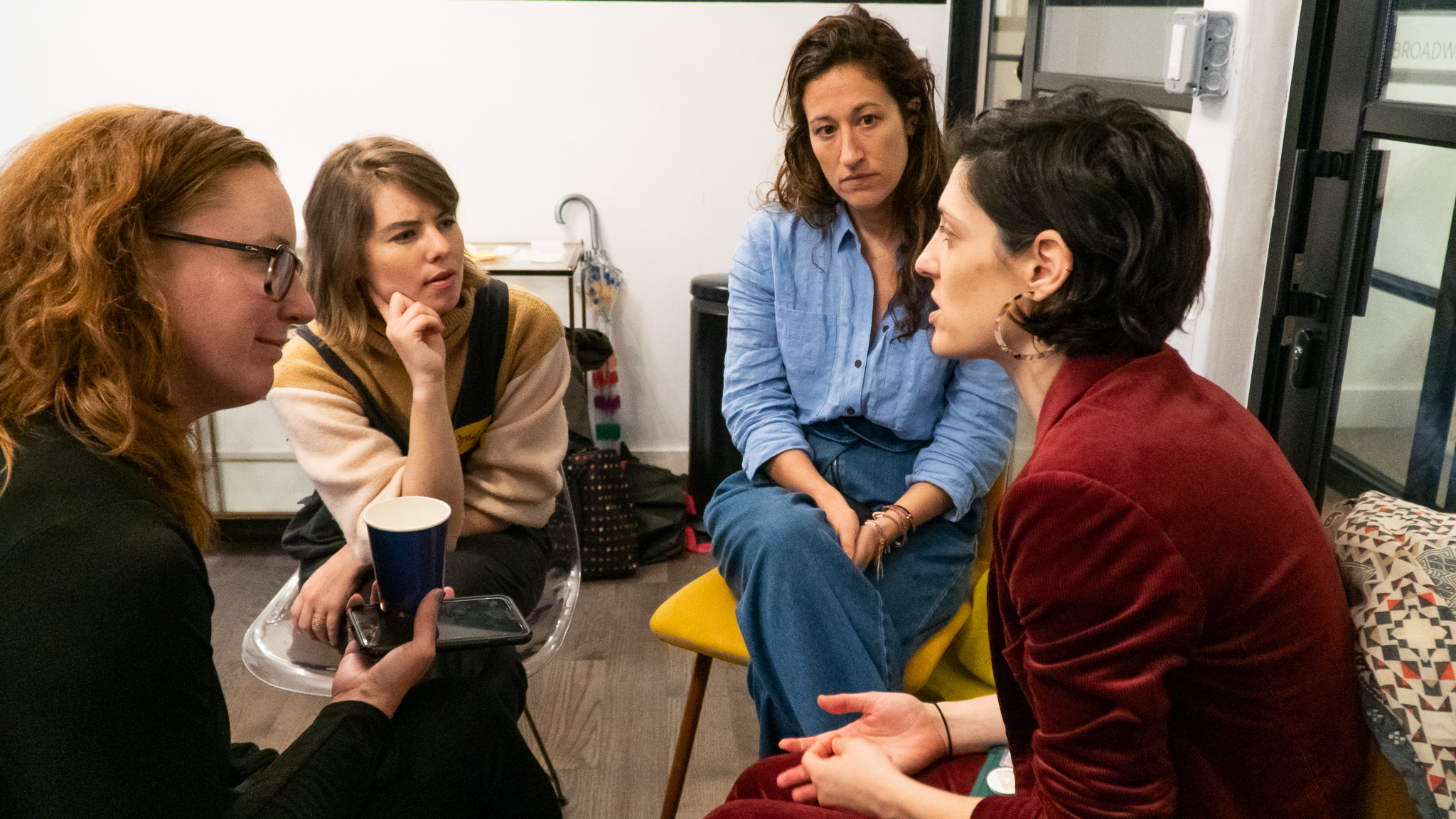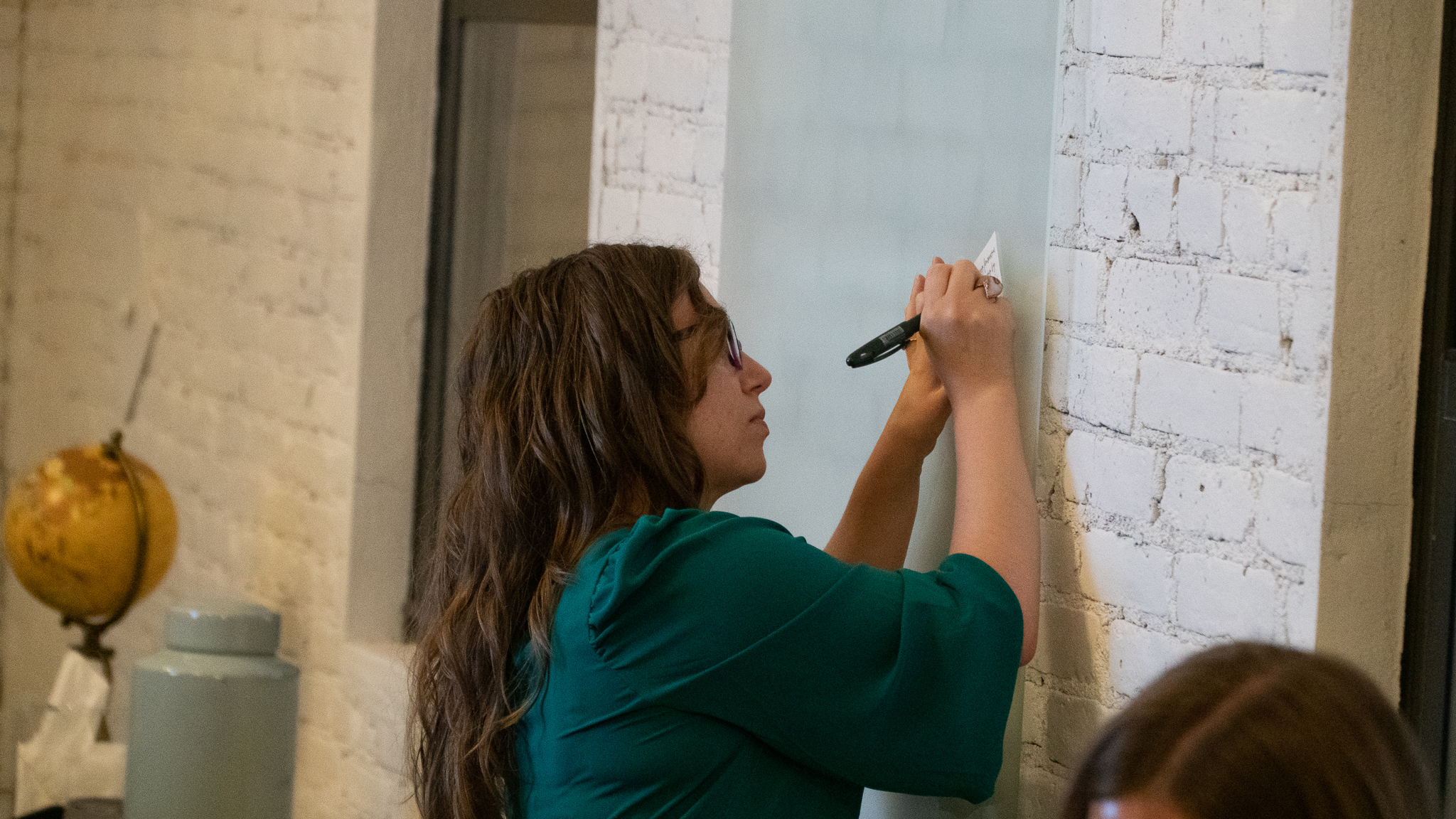by Powerbitches Founder & CEO, Rachel Hills
When I was planning the Powerbitches Feminist Entrepreneurs roundtableearlier this year, I spent many happy hours trawling through venture capital portfolios, coworking databases, and basic-but-fruitful Google searches like “feminist founders” - asking each person I contacted along the way who they thought we should invite to the event.
What I found was hundreds of women who were creating businesses, nonprofits (I classify non-profit leaders as entrepreneurs - they have to secure funding to keep their work afloat too, they just use a different business model), and creative projects that were designed to shift social systems and make the world a better place.
Women who might not easily cross each other’s paths in their day-to-day professional lives, but who had a lot in common when it came to what they were trying to create.
TL;DR? Vote for our SXSW panel proposal here.
It was thrilling, to discover all this amazing work I didn’t previously know about, even as someone who has been working in this field as a writer and connector for 15 years.
If you came to our roundtable in May, you met some of these creators and innovators there. And you’ll meet more of them at our Salons over the coming months.
But Powerbitches is also looking at ways we can take the conversation we started in New York elsewhere, shining a light on and connecting feminist innovators across the US and around the world.
We’re hoping our first stop will be at SXSW next March. We’ve proposed a panel on Building the Feminist Economy, featuring wisdom from CV Harquail, whose book Feminism: A Key Idea For Business and Society illuminates how feminist thinking can liberate our understanding of work and management, October Salon guest Naj Austin, whose buzzworthy members club Ethels Club opens in NYC this Fall, and Suzanne Siemens, who company LunaPads has been a trailblazer in feminist business practice.
But we need your help to get us there.
Last week SXSW opened voting on their 2020 panel proposals, which they’ll use as a starting point to decide what to include in next year’s festival.
You can help us with three easy clicks.
Click here to view and vote for our panel.
Register as a user so you can vote (top righthand corner) - this helps stop people from stacking or automating votes.
Go back to our proposal if SXSW don’t send you there automatically, and cast an “up vote” for our panel. Bonus points if you leave a comment.
Click here to vote for our SXSW panel on Building the Feminist Economy.































